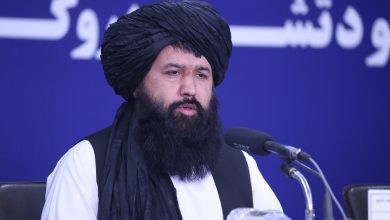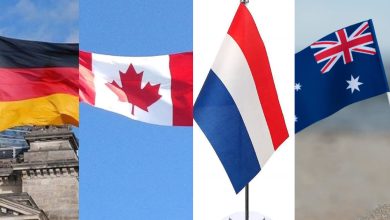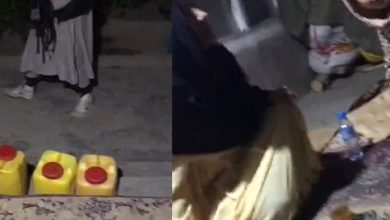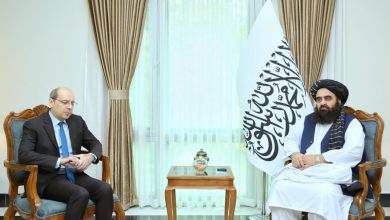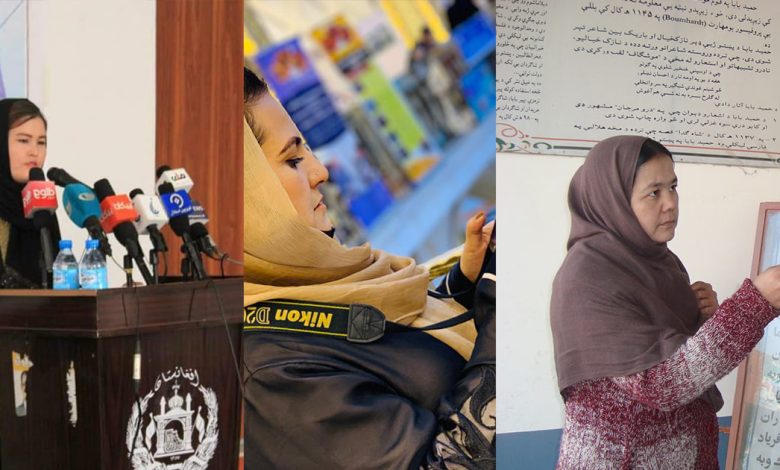
Journalists Urge International Organizations to Cut Ties with Supporting Institutions in Afghanistan
Karima Muradi
Bayan News – Several female journalists in Kabul are calling on international organizations supporting journalists to sever their relationships with institutions supporting media in Afghanistan, as these institutions are not legitimate and have misused the names and legitimate addresses of Afghan journalists.
Female journalists are protesting against the fact that, over the past two years, these institutions have obtained funding from international organizations using the names of journalists and media personnel and have used it for personal gain.
According to the statements made, these institutions have listed themselves as supporters of journalists to international organizations, taking advantage of the economic difficulties faced by journalists due to the collapse of media outlets and the unemployment of media personnel, and have exploited the names of journalists.
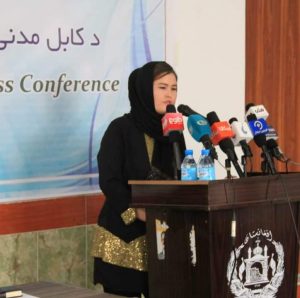
Sakina Adib, one of the female journalists in Kabul, told Bayan News that the supporting institutions have not only failed to pay any attention or take any action against the problems and obstacles faced by female media personnel and journalists, but they have also remained silent in the face of the exclusion of the majority of women from the media and the imposition of restrictions.
Adib added that one of the other actions of these institutions is taking budgets in the name of journalists, which has been going on for years. The extent to which female journalists are exposed to various forms of unethical corruption in their workplace or the price they have to pay to secure employment or fulfill their duties may be unknown to these supporting institutions, or they may be complicit in creating unethical corruption against female employees.
The journalist further added that the supporting institutions have also engaged in the transfer of journalists to safe countries by replacing real journalists with fake ones.
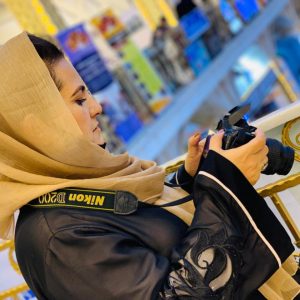
Fatana Bayat, another female journalist who has worked in the media for many years, said, “Although women and girls have been employed in various media outlets in Afghanistan over the past two decades and have had a relative income through this, so-called supporting institutions have tried to exploit the names of these very journalists, which they have done to the best of their abilities.”
According to Fatana, the situation has changed in the past two years. Afghan media outlets have collapsed due to economic problems, and dozens of female journalists have become unemployed. However, what has been most embarrassing and shameful for these institutions is that they shamelessly continue to exploit the names of female journalists due to their limitations and unemployment.
She continued to emphasize that these institutions approach international organizations by preparing fake programs and presenting false lists to receive funds. They have been successful in obtaining funds, but apart from filling their pockets, they have not cooperated in any way with female journalists.
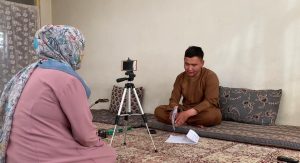
This journalist clearly stated, “We, as female journalists, stand in protest against the exploitation of these institutions and we will prevent their corruption. We will reflect our voices to the extent possible.”
Meanwhile, a number of reporters in Kabul have called for the revocation of licenses for media support institutions by the Islamic Emirate.
Zakera Ansari, a female reporter, says, “It is evident to everyone that the Afghan media community has faced severe economic difficulties in the past two years, with the collapse of more media outlets, and hundreds of journalists have lost their sacred profession. Among them, female journalists have been more vulnerable and are struggling with severe economic problems in the current situation.”
She added that given these circumstances, institutions that consider themselves supporters of journalists have received various projects in the name of journalists from international organizations supporting journalists over the past two years.
These journalists state that the officials of media support institutions must answer which journalists they have supported and to what extent in these dire economic conditions. “We, as journalists, expect officials of the institutions currently operating in Kabul to publicly declare which male and female journalists they have supported.”
Ms. Ansari believes that these institutions do not have any clear answers to the media community, especially journalists since they have only been seeking to exploit the names of journalists during this period.
If these institutions do not provide clarity to the journalists, we expect the Islamic Emirate to revoke the licenses of these institutions and hold their officials accountable.



